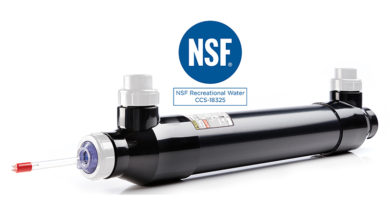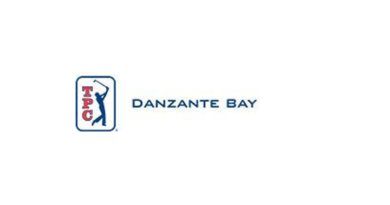Show Me The Money
See More
Show Me The Money
New and seasoned developers of timeshare, fractional, and travel clubs all have one thing in common: they need to borrow money eventually. Whether it’s a development loan to get your idea out of the ground, working capital to finance growth, or a receivables loan to monetize consumer receivables, our industry is capital intensive, and working with a strong lending partner often makes the difference between smooth sailing or rough waters.
Being a vacation ownership developer is a complex endeavor. You have to be a construction expert, an operations guru, a financial whiz, and a sales and marketing genius. Few individuals possess all of those skills, so assembling a great team is critical to your success. This team-oriented focus should extend to your professional partnerships, as well. Lawyers, accountants, and bankers with industry experience and expertise are paramount to getting started on the right track and making sure you stay there.
Vacation ownership is a niche industry with a unique business model, so it’s unlikely your local commercial lender will adequately understand your needs and how to underwrite your business. However, there are industry lenders with the necessary expertise to finance your company. Full-service industry lenders offer timeshare finance options including receivables hypothecation loans, receivables purchase facilities, HOA amenity and refurbishment loans, and multiple forms of development financing, including land acquisition, infrastructure, vertical construction, and inventory acquisition. Here’s how to find those lenders, and what they want to see from you when you’re asking for a loan.
Although there are less than 10 industry lenders, finding one of them isn’t hard. Look for their advertisements in industry publications like Resort Trades and Developments magazine, attend an industry conference or convention, or simply search the internet. Lenders differ in the size of loans they’ll consider, the location of the resort, and the types of loans they make, so it’s important to find a lender that meets your needs.
When seeking the right lender, developers need to understand that the relationship must serve both parties. Ideally, it’s a marriage that meets the long-term interests of the financier, as well as those of the developer. Over the last decade alone, there has been a great deal of volatility and change in the marketplace, with several major lenders withdrawing and leaving no safety net for their clients. It’s important to choose a lender with a strong history in the industry through the economic ups and downs.
Discussions with your lender should start early in the process to allow adequate time for due diligence, underwriting, and legal documentation of your loan. Although each lender is different, the following list is relatively universal when you’re ready to ask for a loan.
Project Description/Development Plan
A general overview of the project, including unit types, amenities, phasing, construction budget and schedule. Engineering studies, architectural plans, contractor price estimates, and any rezoning or entitlements should be underway before a lender can seriously review the development plan.
Owner/Developer Background
A summary of the qualifications of the majority owners and key management staff. Vacation ownership is a complex business requiring many varied skillsets.
Related: Challenges in Financing a Repurposed Timeshare Resort
This overview should profile those who lead the key departments.
Sales Plan
The old timeshare adage is, “you can sell your way out of any problem.” Selling your timeshare, fractional, or club intervals is the primary way the development loan will get paid back, so your lender will be very focused on your sales plan, experience, and process. Since loan repayment is so strongly linked to sales, the vast majority of timeshare development loans are provided by timeshare industry lenders.
Financial Statements / Projections
Balance sheets will vary greatly depending on the developer, but in general, lenders want to see a disciplined company with minimal debt, and a commitment from ownership to the reinvestment of profits. Cash flow projections should be realistic and show that the company’s operations can support the development of the project and the repayment of the loan.
Personal Guarantee / Personal Financial Statement
Unless you’re a well-established developer with a sizeable balance sheet, lenders typically expect a personal guarantee by the borrower’s principal owner(s). Not only does this supplement a young development company’s balance sheet, but it provides extra incentive for the owner(s) to keep focused on the repayment of the loan(s).
Proof of Equity
For a development loan, lenders typically want to see at least 25% of the total project cost contributed by the borrower. This could be in the form of land, cash, or both, but it will always need to be contributed to the project before the lender begins development loan advances.
Ultimately, a lender wants to see that you’re fully committed to the project and have the key pieces in place to execute your plan. A prepared developer and an experienced lender is a strong foundation for success.
Shawn Brydge, RRP is Executive Vice President of Wellington Financial. Since 1981, Wellington Financial has been a lender and lender’s correspondent for the timeshare industry. Wellington Financial is the exclusive Resort Finance correspondent for Liberty Bank. For more information, email sbrydge@wellington-financial.com, call 434-422-4952, or visit www.wellington-financial.com.



